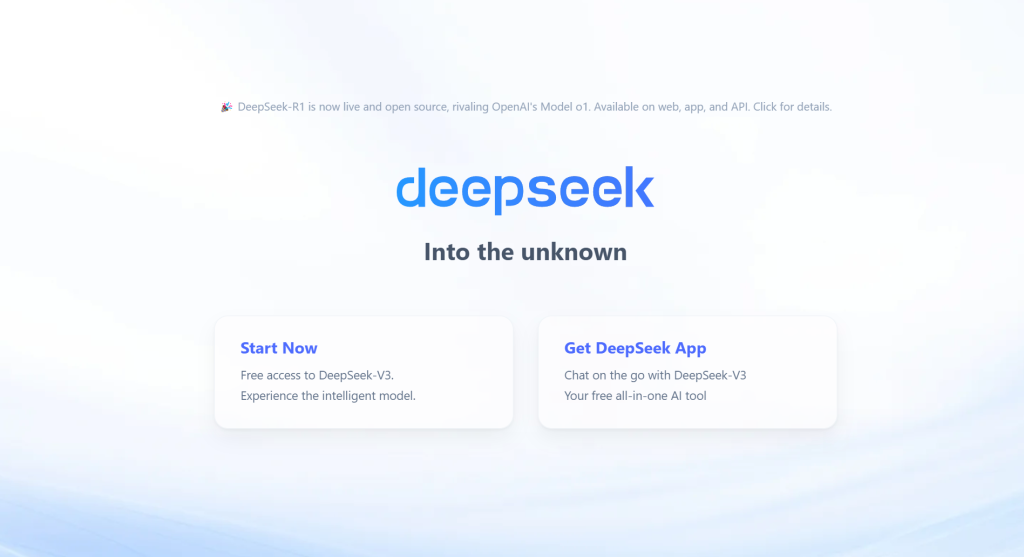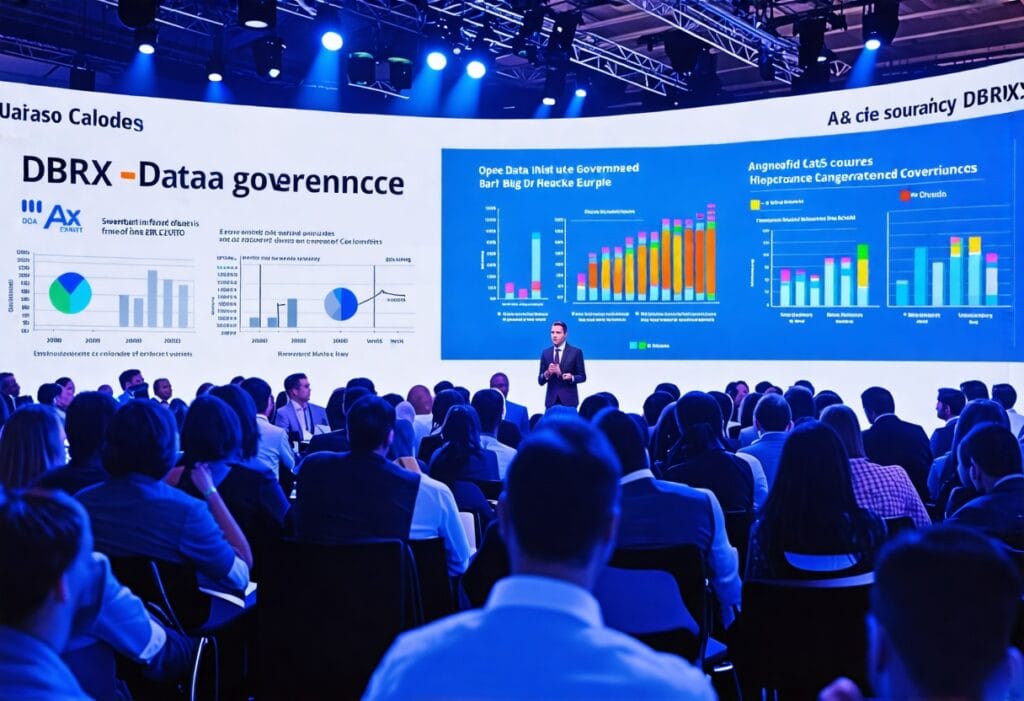Nailing Your Data and AI Strategy: An Essential Guide for Businesses

Nailing Your Data and AI Strategy: An Essential Guide for Businesses
In today’s digital landscape, the convergence of data management and artificial intelligence (AI) is more crucial than ever. As companies navigate the complexities of managing vast amounts of data, the need for a robust data strategy has come to the forefront. This article explores how organizations can effectively harness the power of DataOps and data orchestration to optimize their workflows and achieve scalable success. With investment in data initiatives soaring past the $100 billion mark, understanding the trends and best practices surrounding data architecture is imperative. Discover how aligning data strategies with business goals, ensuring data quality, and fostering accessibility can transform your organizational outcomes. Moreover, delve into the challenges of orchestrating multiple data sources in a hybrid environment and learn valuable insights on incorporating AI and GenAI technologies into your operational framework. Join us as we unravel the secrets to mastering your data and AI strategy in an ever-evolving business landscape.
Understanding DataOps: The New Paradigm for Data Management
DataOps is emerging as a crucial methodology for organizations seeking to streamline their data operations. By implementing DataOps, companies can enhance their operational efficiency through the integration of data engineering, data integration, and data analytics. This section delves into the core tenets of DataOps, emphasizing its importance in achieving data-driven business outcomes.
Core Principles of DataOps
The foundation of DataOps lies in three main principles: collaboration, automation, and continuous improvement. By fostering a culture of collaboration among data engineers, data scientists, and business stakeholders, organizations can ensure that data initiatives are aligned with business goals. Automation of data pipeline processes reduces the time spent on manual tasks, allowing teams to focus on delivering value through insights and analytics. Lastly, continuous improvement entails regularly assessing processes for efficiency and effectiveness, making necessary adjustments to optimize performance.
Data Quality and Accessibility: Pillars of a Successful Data Strategy
To maximize the value derived from data, organizations must prioritize data quality and accessibility. Poor-quality data can lead to misleading insights, while limited data accessibility can stifle innovation and data-driven decision-making.
Ensuring Data Quality
Data quality is not merely a desirable attribute; it is fundamental for successful business operations. Organizations can achieve this by implementing rigorous data governance frameworks that establish standards for data collection, transformation, storage, and usage. Regular audits and validation processes help identify discrepancies and maintain a high level of data accuracy. Investing in advanced data cleaning and validation tools will also play a critical role in enhancing data quality.
Fostering Data Accessibility
Democratizing data access within organizations ensures that relevant data is available to the right people at the right time. Implementing self-service data platforms enables business users to retrieve insights without requiring extensive IT intervention. This empowerment fosters a data-driven culture, encouraging teams to utilize data in their decisions. However, it is equally important to maintain appropriate security and access controls to protect sensitive information from unauthorized access.
Data Orchestration: Integrating Disparate Systems for Seamless Workflows
Data orchestration is a critical component of DataOps, as it involves the seamless integration of data from various sources, both on-premises and in the cloud. This section explores the significance of data orchestration and its impact on operational efficiency and decision-making.
The Role of Data Orchestration in Modern Enterprises
In today’s digital landscape, organizations deal with a plethora of data sources, including cloud services, on-premises databases, and third-party applications. Without effective data orchestration, data silos can form, leading to delayed insights and misinformed decisions. Data orchestration facilitates a unified approach to data management by enabling a consistent data flow between disparate systems, minimizing latency and duplication of efforts.
Implementing Effective Data Orchestration Strategies
Organizations should focus on implementing orchestration strategies that allow them to dynamically adapt to changing data environments. Utilizing orchestration tools that provide end-to-end visibility into workflows can significantly enhance operational control. Moreover, leveraging advanced automation technologies can assist in orchestrating complex data workflows, allowing businesses to respond swiftly to emerging requirements and technological advancements.
Integrating AI and GenAI Technologies into Your Data Framework
The integration of Artificial Intelligence (AI) and Generative AI (GenAI) into data strategies presents immense opportunities for businesses to optimize performance and innovation. This section discusses how organizations can effectively incorporate these technologies into their operational frameworks.
AI as an Enabler of Business Transformation
AI has the potential to revolutionize data management by automating repetitive tasks, providing advanced analytics capabilities, and enhancing decision-making. Companies can leverage machine learning algorithms to analyze vast datasets for patterns and insights, informing business strategies and predicting market trends. These capabilities lead to agility and responsiveness, which are essential in today’s fast-paced business environment.
Utilizing GenAI for Enhanced Data Processes
GenAI, a subset of AI focused on generating new content from existing data, can play a valuable role in data orchestration. It can facilitate the automatic generation of insights, recommendations, and reports, significantly reducing the time needed for data analysis. By integrating GenAI into data workflows, businesses can streamline operations, enhance customer experiences, and support creative processes across various functions, including marketing and product development.
Navigating the Challenges of a Hybrid Data Environment
As organizations operate in increasingly hybrid environments, integrating data across multiple cloud and on-premises systems presents unique challenges. This section outlines strategies to navigate these complexities effectively.
Addressing Data Silos in Hybrid Environments
Data silos can hinder collaboration and slow down decision-making processes. Organizations need to adopt a strategic approach to data management that emphasizes interoperability between different systems. Implementing robust data governance and standardization practices can help create a unified data ecosystem, allowing seamless access across various data sources.
Leveraging Modern Tools for Integration
Utilizing advanced integration platforms that support both cloud and on-premises data environments can simplify orchestrating vast amounts of data. These tools enable organizations to connect disparate data sources, automate ETL (Extract, Transform, Load) processes, and ensure data consistency. Additionally, investing in APIs can enhance interoperability, allowing businesses to integrate new technologies and services quickly as they emerge.
Conclusion
As organizations increasingly recognize the value of data and AI, mastering these concepts will be critical for maintaining competitiveness in the digital landscape. By focusing on DataOps practices, ensuring data quality and accessibility, effectively orchestrating data flows, and integrating cutting-edge AI technologies, businesses can unlock the full potential of their data resources.
Empowering Your Business Through Data and AI Mastery
In an era where data is the cornerstone of innovation, empowering your business through a well-defined data and AI strategy is no longer optional—it’s essential. By implementing DataOps practices, organizations can streamline their data operations, foster collaboration, and automate workflows, ensuring that high-quality data is accessible to all relevant stakeholders. As companies navigate the challenges of hybrid environments, data orchestration emerges as a vital process that unifies disparate data sources, enhancing operational efficiency and decision-making.
Integrating AI and GenAI technologies into your data framework allows for a transformative approach to data analysis, driving better insights and more agile responses to market changes. The journey towards an optimized data strategy involves not only addressing the technical aspects but also cultivating a data-driven culture within the organization. From improving data governance to promoting accessibility, every step taken is a stride towards leveraging the true potential of data and artificial intelligence.
Investing in these strategies will position your organization to not only keep pace with industry trends but also lead the charge in innovation and operational excellence. Embrace this opportunity to redefine your business landscape and create a powerful data ecosystem that fuels success in a digitally driven world.















































































































